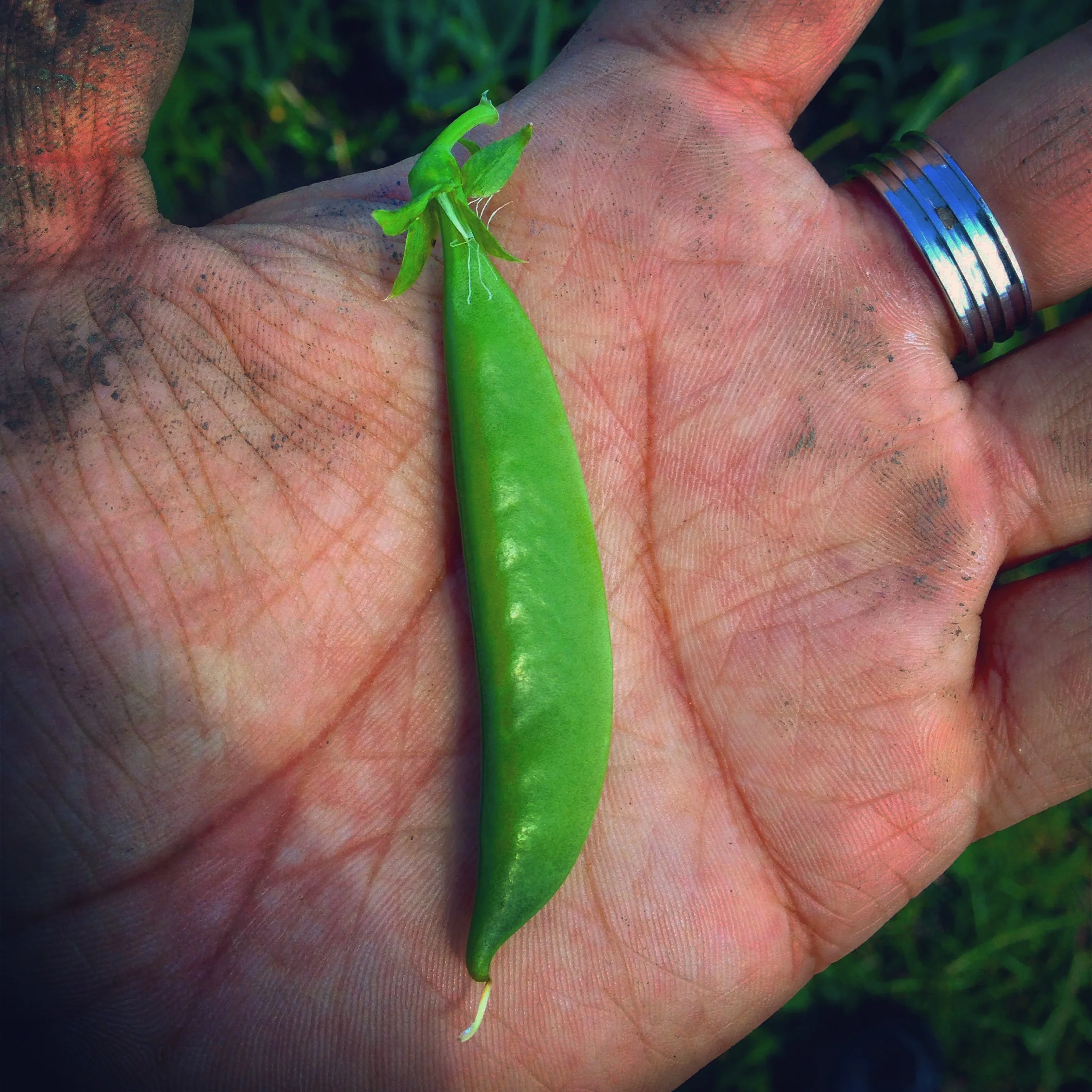Starting Points: Decolonial Insights and Awarenesses
/Some general thematic decolonial observations and awarenesses from my travels, personal projects, research and observations across the Americas. These are nothing new and are being practiced in various forms across indigenous landscapes and seascapes. However, the need to highlight this to those who usually have the generic critiques is always an ongoing process. First and foremost, take the land back, plant a garden, feed the people. My personal goal is an off-grid living project rooted well within my belief system as nēhiyawpwat. In order to create systematic alternatives to help our nations, tangible physical projects need to happen. Here are some key points to keep in mind with this discourse.
1. Organize: Organize small within Indigenous communities and spaces to push back against the big. If you’re not helping towards the organization our people you’re just speaking fancy words or sitting pretty amongst the colonial chaos while others suffer.
2. Start Small, Create an Economy: Start small, with the self, then the household, then bring into the folds more who willing to live the good life, not reminisce or speak of the good life. Generating small local economic conditions that can sustain households can remove the dependency on problematic global economic conditions and position communities in positions of strength.
3. Local Life is Key: All discourse should be based on the local rural Indigenous population. Start projects based on the local ecosystem and maintain relationships with those engaged in that ecosystem, they are often indigenous land-based practitioners. One key problem with the socio-political landscape today is many are trying to transport ideas into communities where they have little to no tangible understanding of the local circumstances and challenges. Even for students, once you obtain a degree return home and figure out ways to generate alternatives.
4. Personal development and emotional intelligence are key. Learn interpersonal skills and practice, practice, practice. Projects often fail when individuals make the work about them, they will then abandon the project and be gone for weeks simply because clear cut communications didn't happen and problem-solving did not occur. If leaders don’t have interpersonal skills, projects fall apart. Projects often fail when individuals can mitigate the stress or are at a breaking point, they will then abandon the project and be gone for weeks simply because clear cut communication did not happen or problem-solving did not occur. Avoid these circumstances by developing ways to get along and maintain a strong family system. If leaders don't have the interpersonal skills, projects fall apart. If those involved in projects don’t have the interpersonal skills, projects fall apart. Life Skills are key. Learn them and maintain them.
5. Keep projects simple and achievable then work your way up to bigger projects. Starting small liberation gardens is great starting point. Feed your family with the political intention to restore who we are as indigenous peoples and nations. Garden projects are not new. However, if they can operate independently amongst those who are practicing and maintaining specific political and cultural practices, all the better. Community garden projects sometimes work but are open to being sabotaged by the socio-political chaos. Humbly start the garden and those who want to replicate the practice will notice and start asking questions.
6. Lastly, be ready to work hard. Hard work is nothing new for rural land-based practitioners. It is going to suck sometimes, but this work has to happen. The feeling of coming together to see a local project through till the end comes with many insights and overall feels great. Some of these small scale projects often go unnoticed, or people will attempt to devalue them. However, in some cases, you literally fed multiple households or worked with people on the ground within the communities where it counts most.

